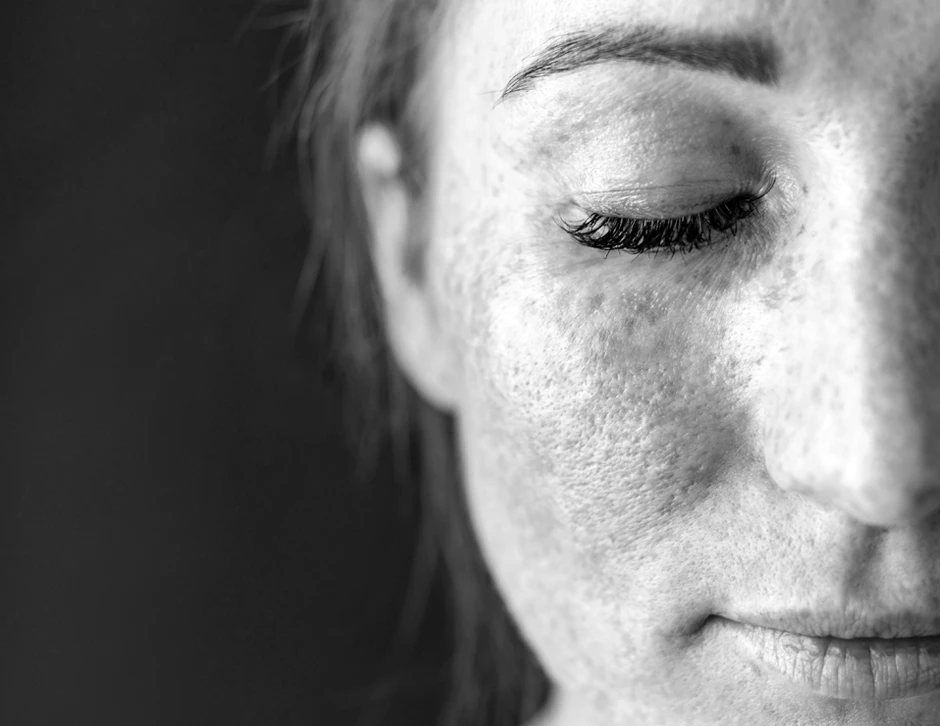
As Creative Manager at Agiito, I work closely with the events team in responding to client briefs and proposing creative event solutions. Over the past year, we’ve seen an increase in requests for wellness opportunities and a wellbeing focus at events, whether that be at large conferences, small meetings or incentive events.
The conversation around mental health and wellbeing has come a long way in recent years, with a bigger focus given to the topic of mental health in the workplace across all industries. This accelerated change in views was one of the many positives that emerged from the pandemic, as people had time to pause and pay closer attention to their colleagues, friends and loved ones. People are recognising that mental health is no different to physical health, and that your mind needs to be looked after in the same way your body does.
As with most global trends, it didn’t take long for this focus to spill through into the world of events. Since global travel has opened back up, it’s widely acknowledged how crucial business events are for organisations, however the effect that events can have on employees is now being considered too. Navigating train strikes, dealing with airport queues and delays, time away from home and missing your memory foam mattress all takes a toll on the event attendee and business traveller. Not to mention those who are more introverted and may need time alone to recharge after a long day of networking.
A recent study from EventWell, the charitable social enterprise supporting wellbeing in the events industry, looked closely at how attending events can impact the health of attendees. As an example of this, data from a delegates fitness watch on a recent event showed the resting heart rate was elevated without exercise, length of sleep and quality of sleep were also reduced, all of which contributed to an overall increase in stress levels. These ‘side-effects’ of attending an event, took at least 48 hours to return to normal levels once the delegate returned home.
Combatting these stresses to improve attendance and engagement during events is something EventWell have mastered with their wellbeing ‘Hubs’. The 'Hub’ is a quiet room and sensory space, designed to provide a gentle escape from the rich and for some people, overwhelming environment of a conference or business event. We believe they are something that every event planner should look to feature at their events where possible. Here’s our favourite statistics as to why:
Reports estimate that as many as 56.8% of the global population prefer introversion to extraversion[i], yet the business world, full of networking and public speaking, is one best suited to extraverts. Offering a wellbeing hub removes some of this bias and embraces the quiet and reflective nature of introverts instead of forcing them to act otherwise.
Statistics show that in any given week, 1 out of 6 people in the working population will be struggling with their mental health[ii]. This means 1 in 6 event attendees could also be struggling, so to have the onsite support from EventWell and give someone who is potentially having a crisis of stress somewhere to go, is transformative.
Many scientific studies have been able to prove the link between meditation and increased focus[iii], which what is most organisers are hoping for to get a return on investment from their events. Offering your delegates a quiet space to practice meditation during breaks instead of networking over coffee they may not drink can help them to be less distracted and more engaged in sessions.
Further to this, a growing number of customers are choosing to work with agencies that can offer events that are more inclusive and accessible to all their employees. Event management companies need to respond to these requests to not only cater to customer demand, but also so they don’t get left behind.
As an event specialist, we wanted to provide a solution and encourage customers to create a culture of selfcare at their events, and therefore we are the first agency to partner with EventWell and offer their wellbeing Hubs to our event customers. This is turn creates an opportunity for us to have conversations with the businesses we work with to ensure they are looking after all of their delegates’ needs at their events; initial feedback has been incredibly positive with several Hubs already in the pipeline.
Want to know more? Contact our events team here.
[i] https://www.themyersbriggs.com/en-US/Connect-with-us/Blog/2020/January/World-Introvert-Day-2020 [ii] https://www.mind.org.uk/information-support/types-of-mental-health-problems/statistics-and-facts-about-mental-health/how-common-are-mental-health-problems/ [iii] https://www.researchgate.net/profile/Marjorie-Woollacott/publication/6120822_Effects_of_Level_of_Meditation_Experience_on_Attentional_Focus_Is_the_Efficiency_of_Executive_or_Orientation_Networks_Improved/links/55228cc50cf29dcabb0d7754/Effects-of-Level-of-Meditation-Experience-on-Attentional-Focus-Is-the-Efficiency-of-Executive-or-Orientation-Networks-Improved.pdf